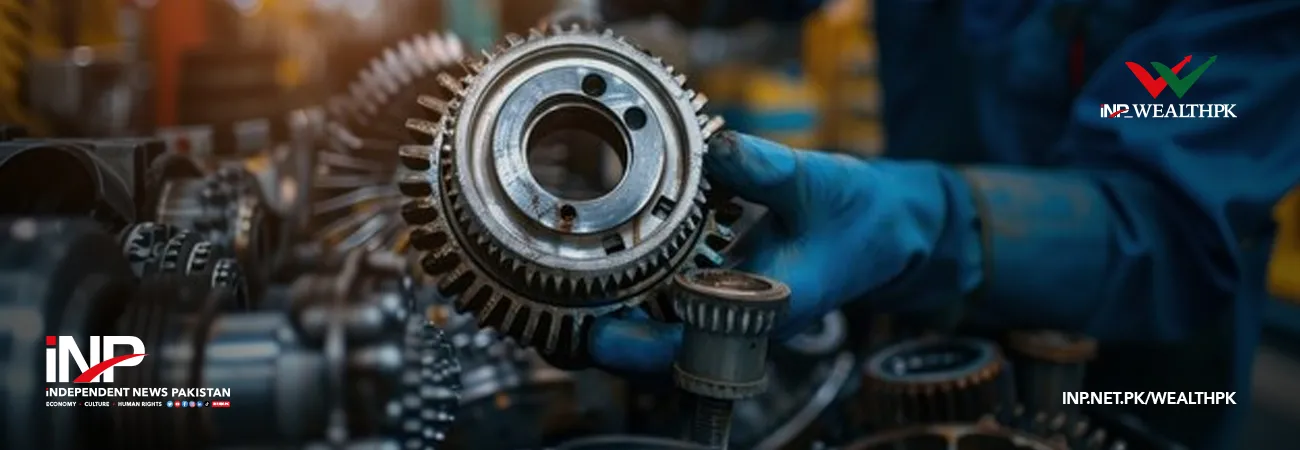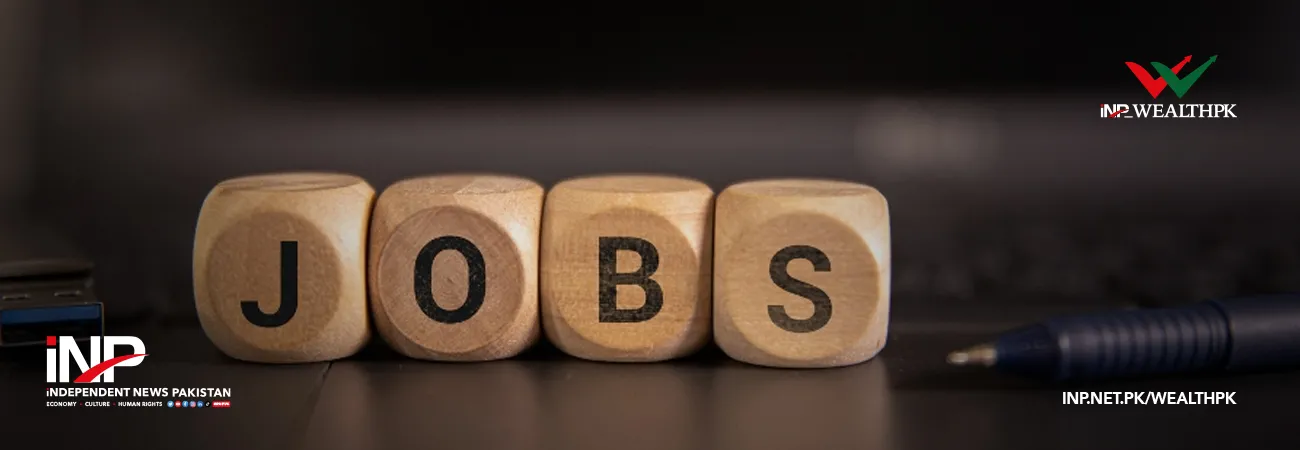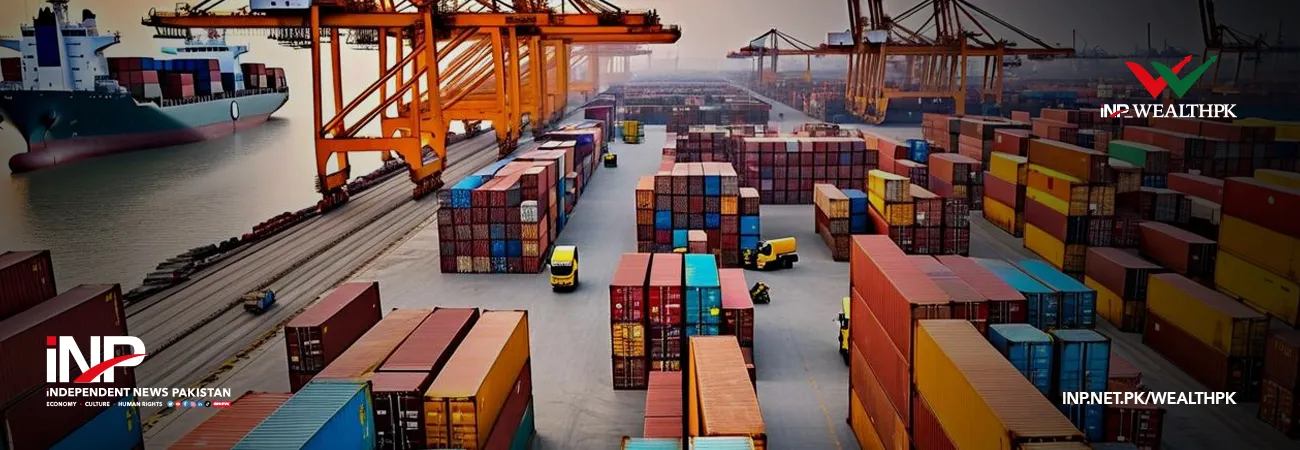INP-WealthPk
Basit Ali
Despite years of policy support, Pakistan’s efforts to localize auto parts continue to face structural challenges, raising concerns about long-term sustainability and global competitiveness of the country’s auto industry.
Talking to WealthPK, Ghussan Ayub Hashmi, Section Head for Supplier Quality and Parts Development at Honda Atlas Cars, emphasized that localization is crucial for reducing Pakistan’s reliance on imports and ensuring long-term sustainability of the auto industry.
“Given the current economic situation, localization is extremely important. It helps reduce import dependency, lowers logistics costs, and creates opportunities for growth in the domestic auto parts sector. It also contributes to job creation in the country,” he said. However, he pointed out that localization comes with significant challenges.
“Localization requires large-scale investment, and with Pakistan’s relatively low market volumes, it becomes difficult to localize major components. Inconsistent government policies, inadequate infrastructure, and limited R&D capacity in the local industry further complicate the process,” he added.
Regarding institutional interventions, Hashmi said policy consistency is critical. “We need long-term, stable auto policies like the 2016 Automotive Development Policy to restore investor confidence. Frequent policy shifts create market uncertainty,” he noted.
“Local suppliers must be incentivized to invest in manufacturing and R&D. Technological advancements and material development must be subsidized to enable cost-competitive, high-quality local production,” he said. He concluded that increased localization will deliver multiple economic benefits.
“It will support industrial expansion and attract foreign investment, contributing positively to GDP. It will also generate employment and bring technological advancements to the local market, ultimately improving Pakistan’s trade balance.”
Talking to WealthPK, Dr. Aadil Nakhoda, an expert in international trade and auto economics, said that decades of lobbying by the auto industry for localization have failed to deliver.
“Despite prolonged policy support, Pakistan's locally assembled vehicles remain uncompetitively priced compared to regional counterparts and often lag in quality,” he noted.
“Most local auto parts producers remain confined to the domestic market, with little international exposure. This raises serious concerns about the long-term sustainability of the auto industry.”
He stressed that a paradigm shift is necessary. “Pakistani manufacturers must begin producing components that can compete in foreign markets. This requires improvements in product quality, production efficiency, and access to inputs through timely, liberalized import channels,” he said.
He argued that policy interventions must also focus on strengthening the workforce through technical training, encouraging SME clustering, and ensuring compliance with environmental standards, all of which are essential for success in the global markets.
Aadil said the current protectionist mindset is holding the industry back. “Pakistan has one of the highest effective tariff rates in the world, particularly in the auto sector. Excessive regulatory and customs duties have stifled growth rather than encouraged it,” he pointed out.
“To make the industry globally competitive, we must move beyond inward-looking localization. Consumers should be offered more choices through increased imports, while auto parts manufacturers should be incentivized to target export markets with greater potential,” he emphasized.
Credit: INP-WealthPk













